FREQUENTLY ASKED QUESTIONS FAQs
Consignment is a partnership between a seller and a reseller where the reseller lists and sells the seller’s luxury items. The seller retains ownership until the item is sold.
Sellers provide their items to the reseller, who evaluates, prices, and lists them for sale. Upon sale, the reseller shares a portion of the proceeds with the seller. Learn More
High-end fashion accessories, designer clothing, fine jewelry, luxury watches, and collectible items from renowned brands are commonly accepted for consignment.
Resellers often collaborate with sellers to set prices based on the item’s condition, brand, rarity, current market demand, and historical sales data.
Resellers usually charge a commission, typically a percentage of the final sale price, which covers their services, marketing, and handling of the consigned items.
The time frame varies based on factors like the item’s desirability, brand, condition, and market demand. Some items sell quickly, while others may take
Resellers often have policies outlining options for unsold items, which may include price adjustments, return of the item to the seller, or further marketing strategies.
Reputable resellers conduct thorough authentication processes and assessments to ensure the authenticity and quality of consigned items before listing them for sale.
Many resellers offer online platforms or systems where consignors can monitor the status, views, and sales progress of their consigned items.
Consignors benefit from the reseller’s expertise in pricing, marketing, and reaching a wider audience, minimizing the effort involved in selling while maximizing the potential selling price.

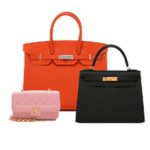



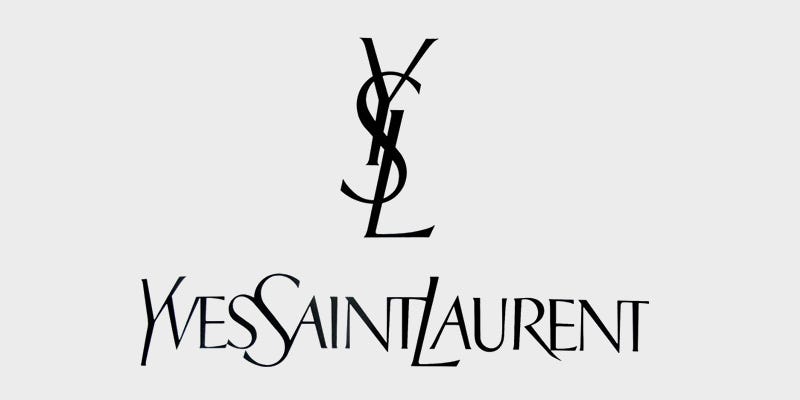
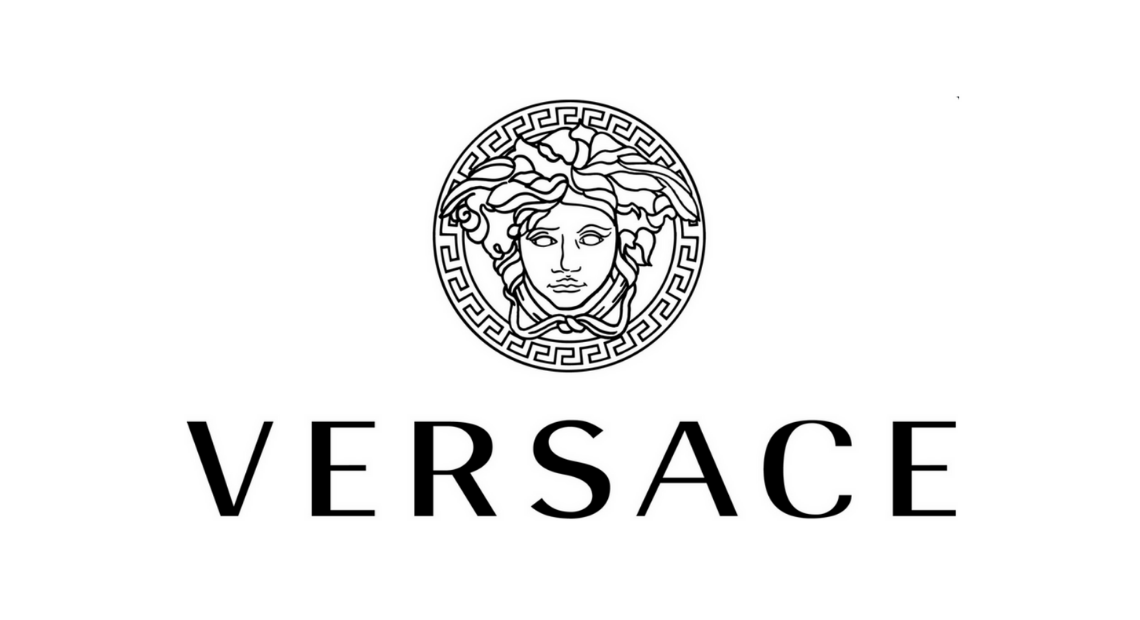

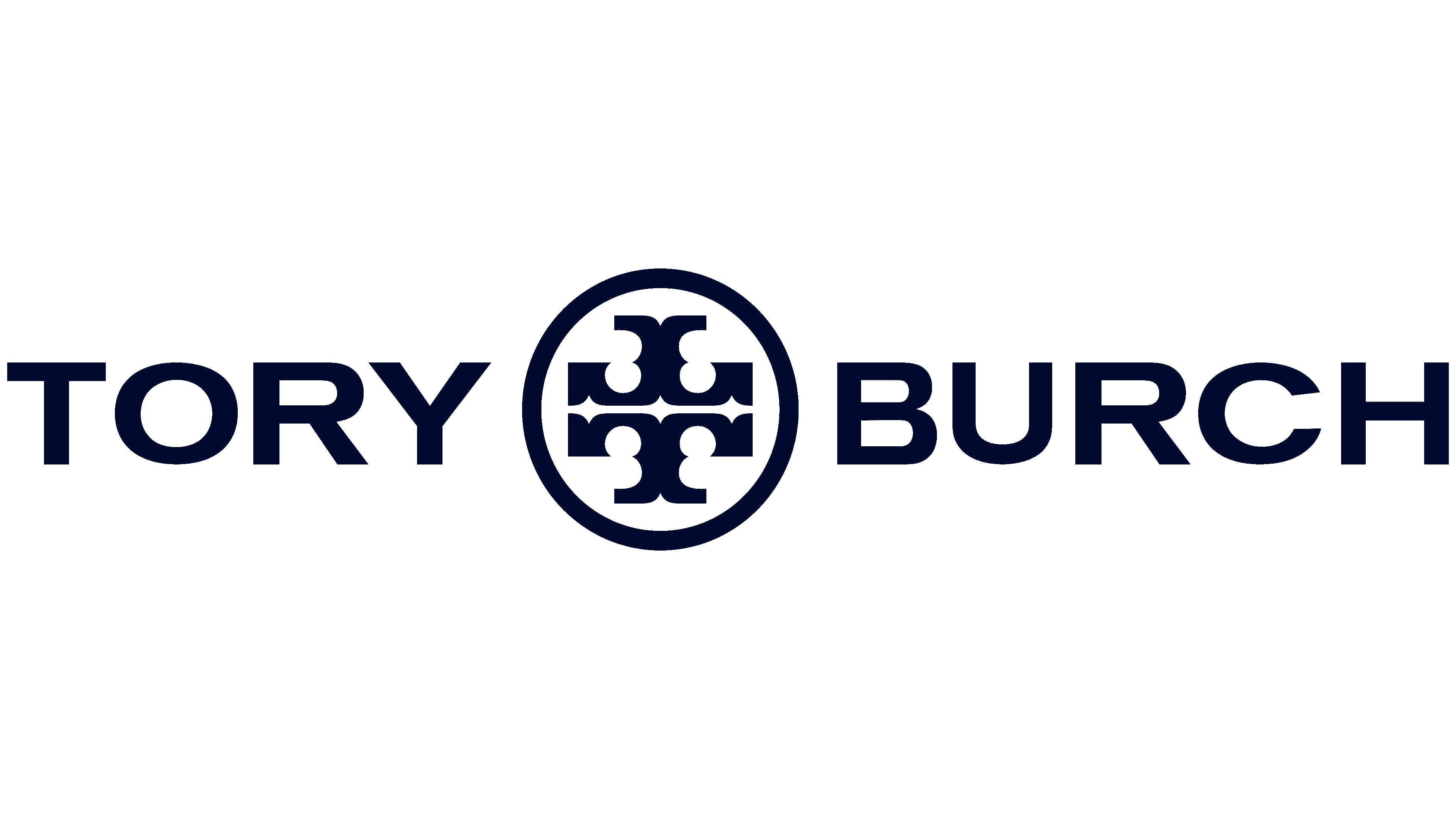
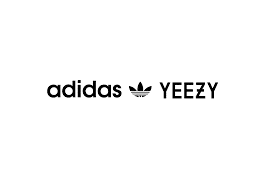

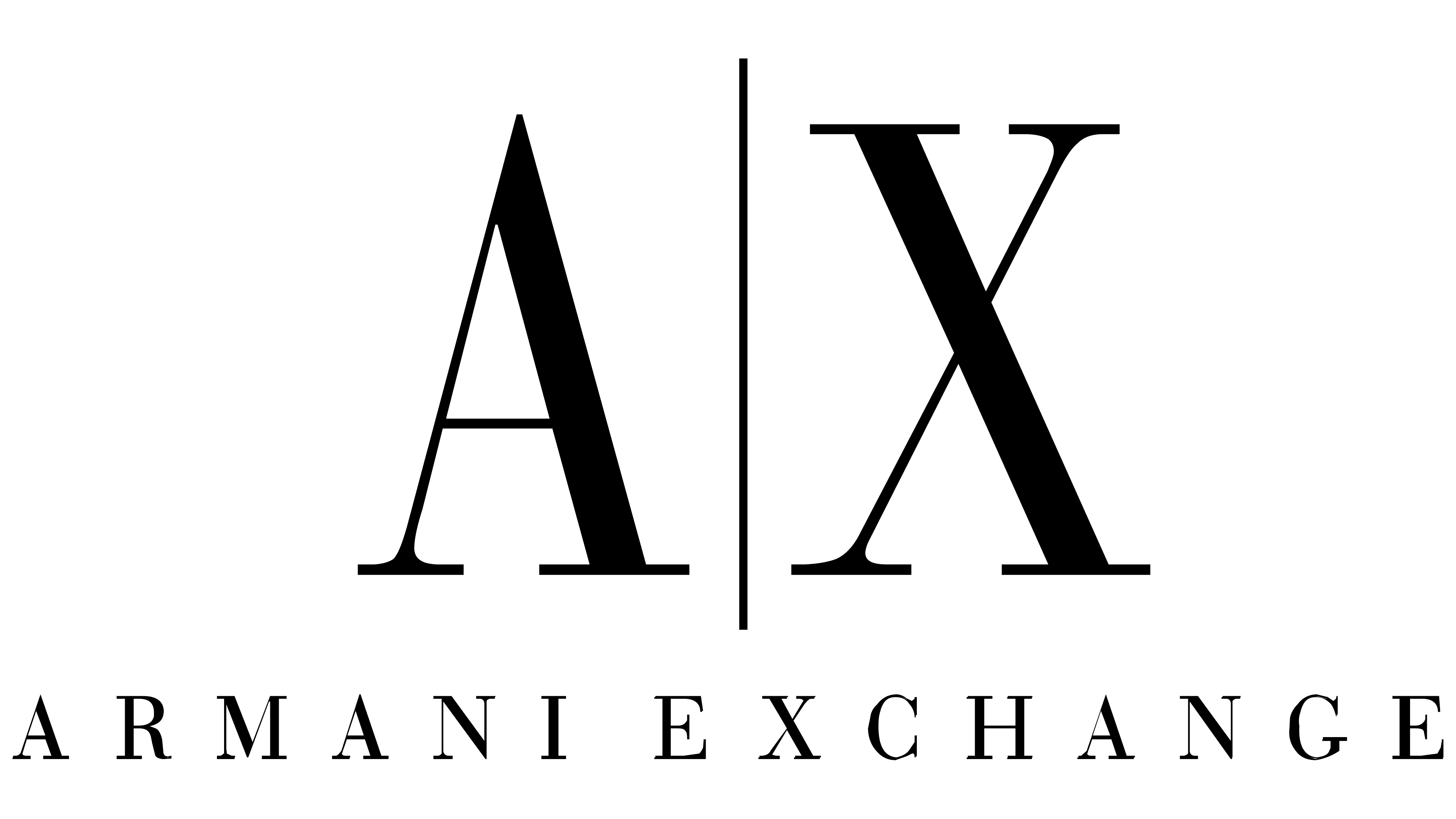
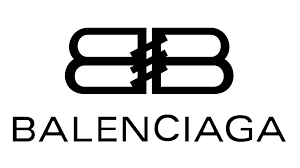
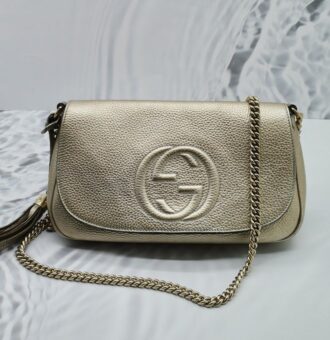
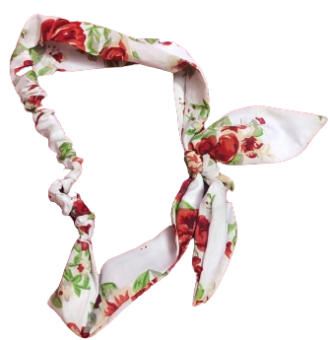
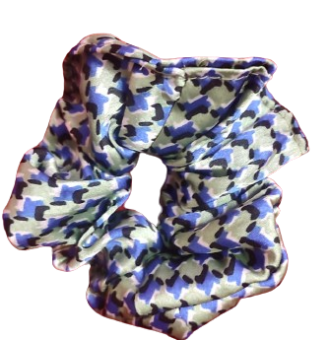
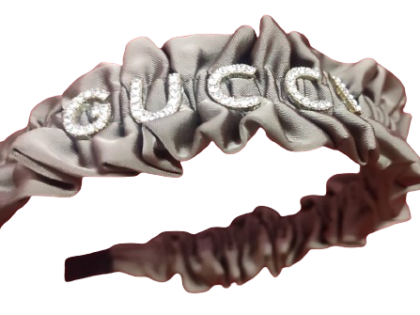

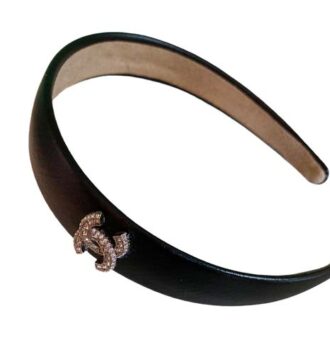

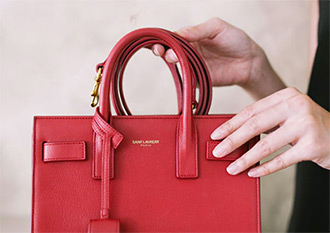
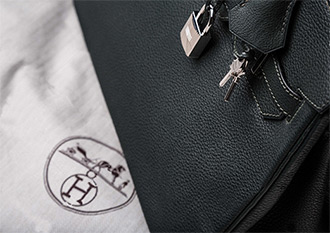




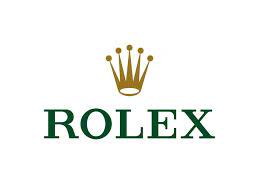
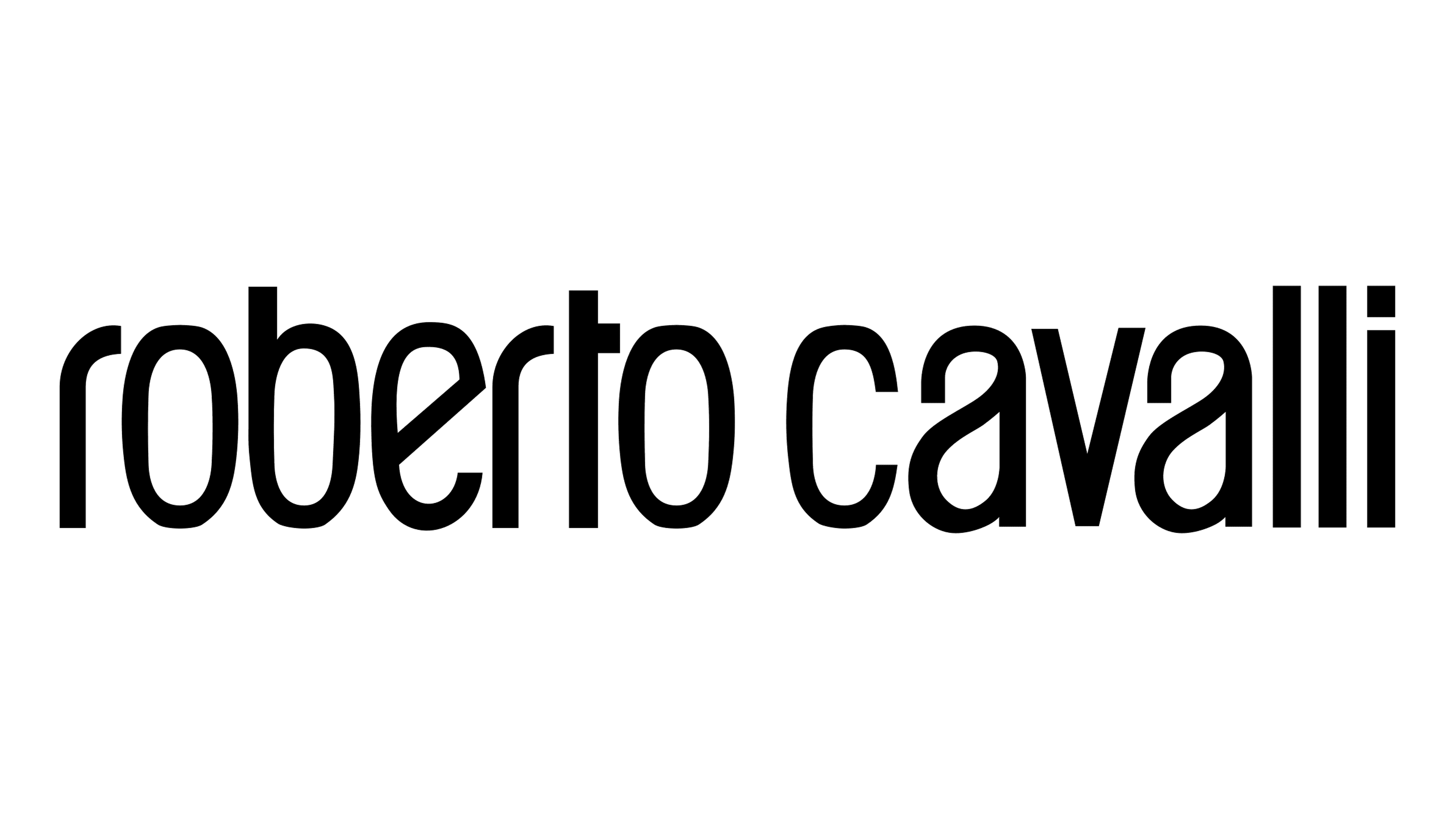
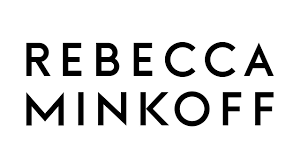

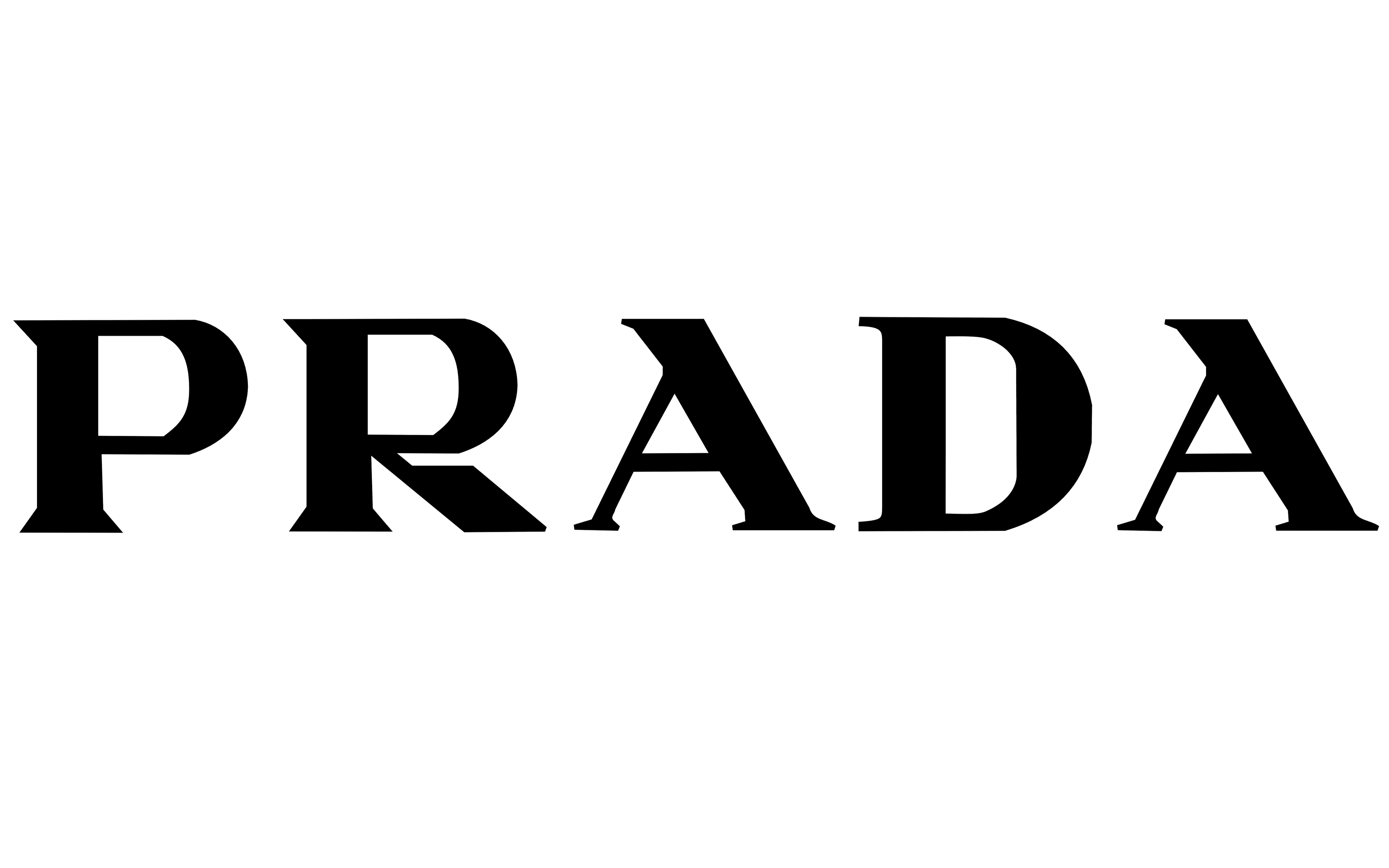

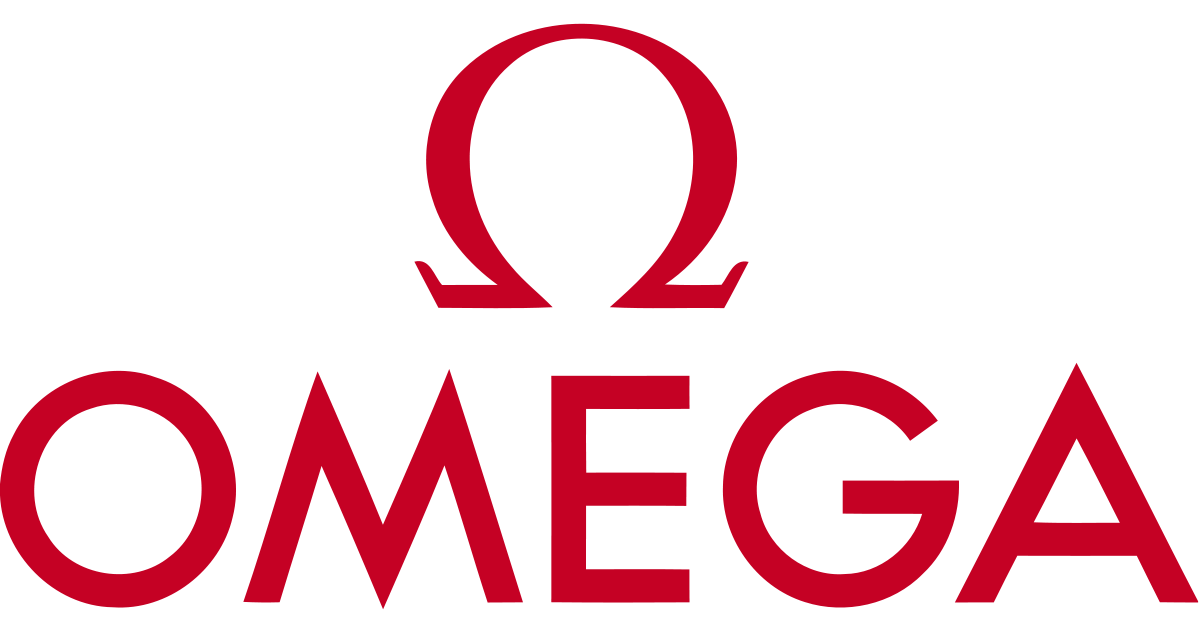

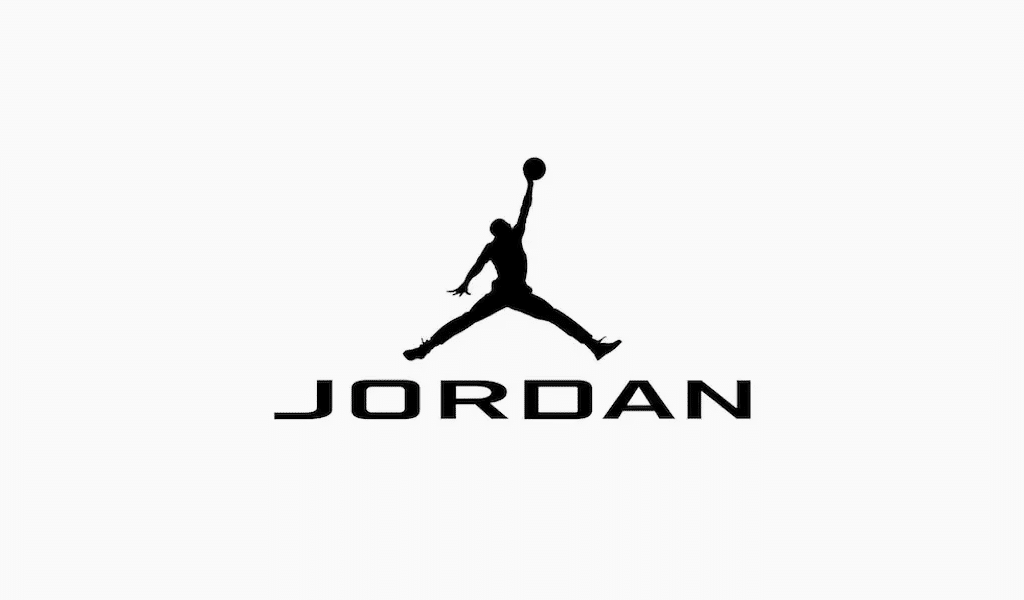
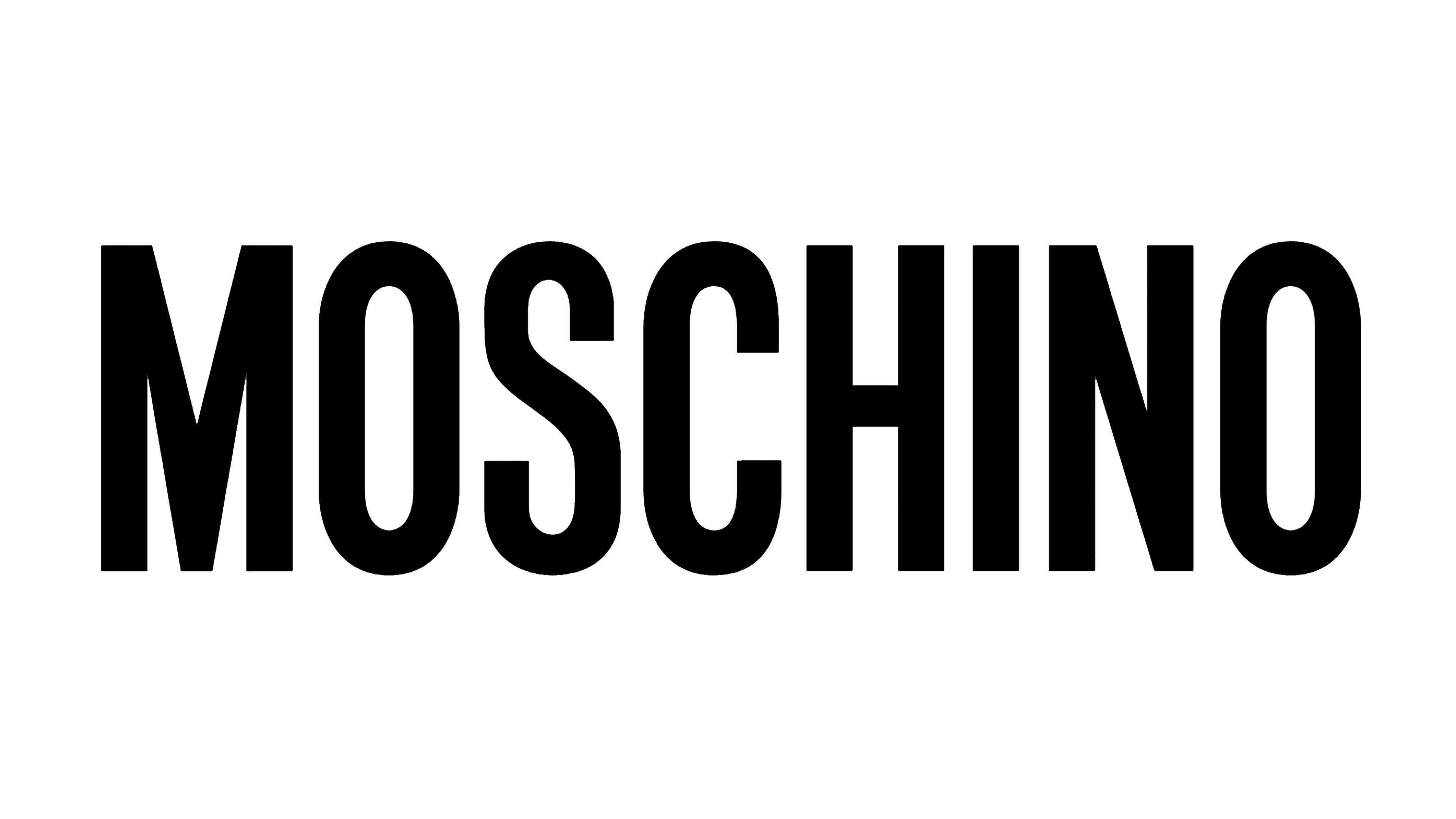
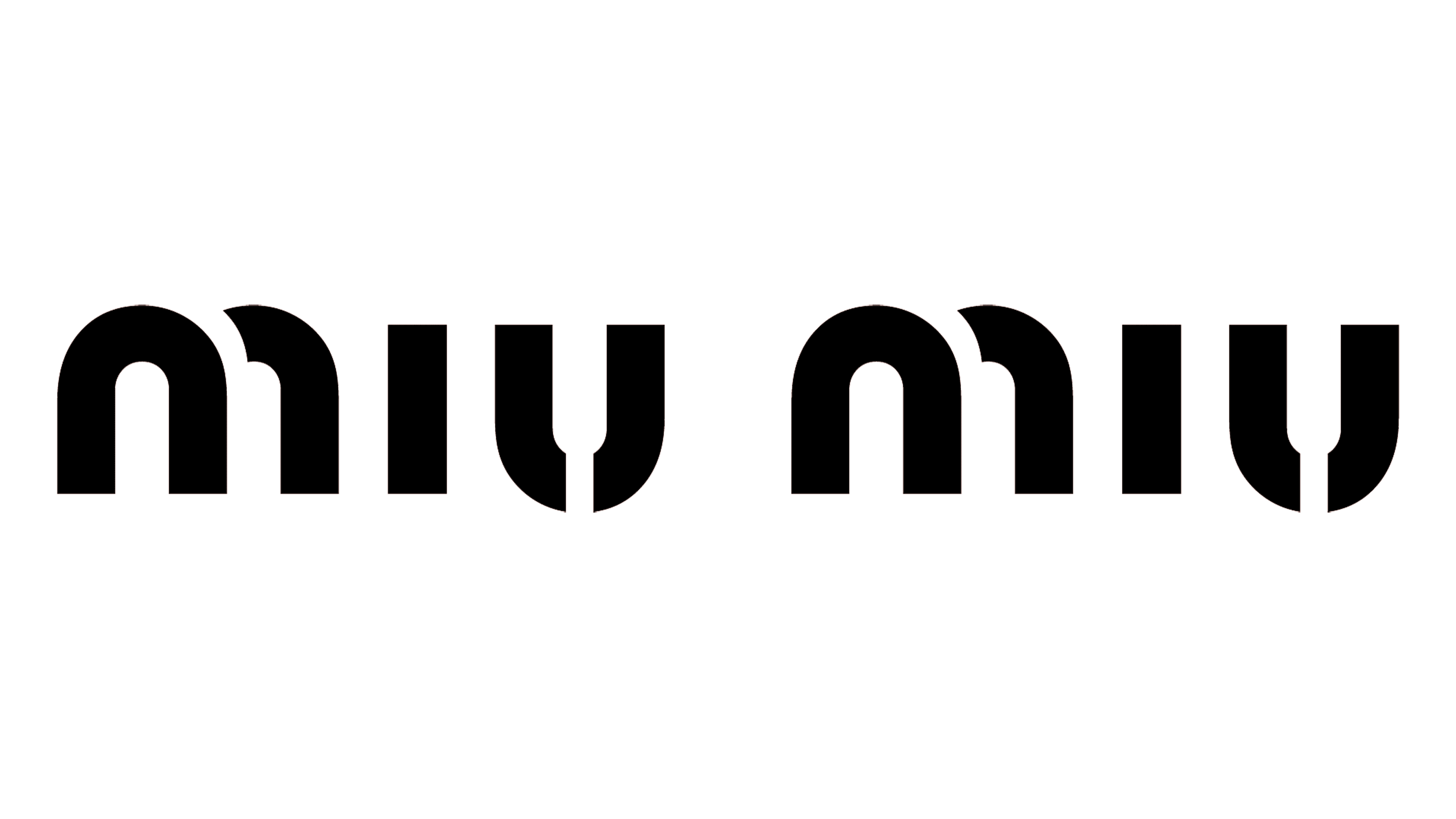
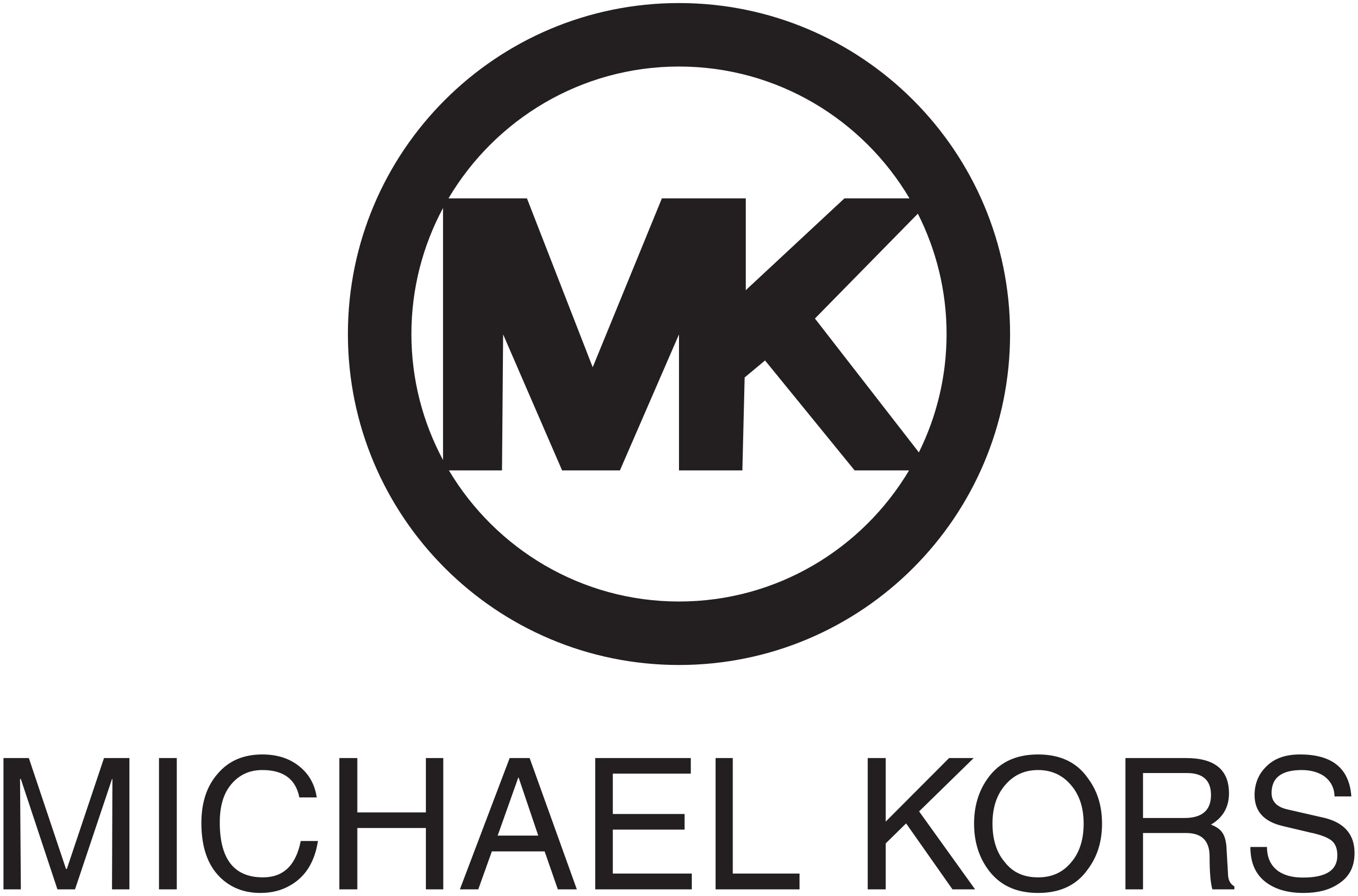
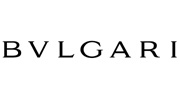 Bvlgari
Bvlgari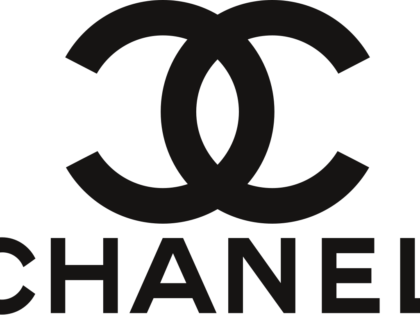 Chanel
Chanel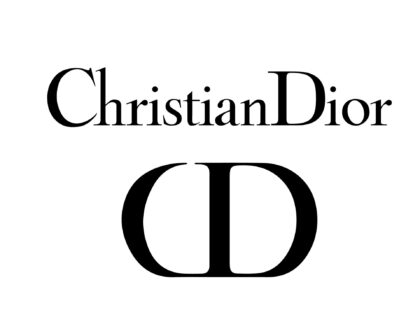 Christian Dior
Christian Dior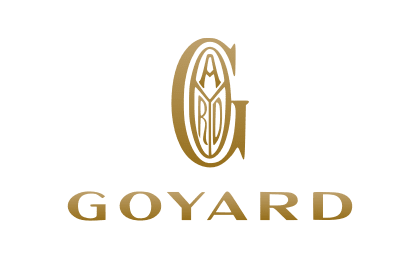 Goyard
Goyard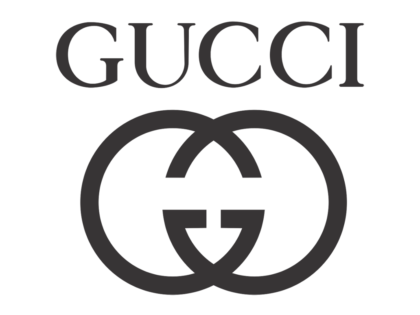 Gucci
Gucci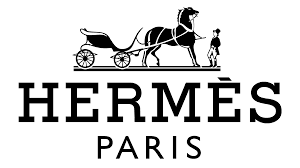 Hermes
Hermes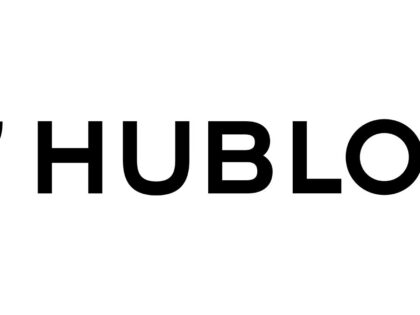 Hublot
Hublot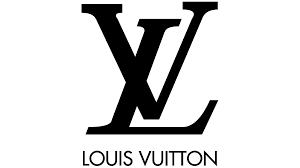 Louis Vuitton LV
Louis Vuitton LV Prada
Prada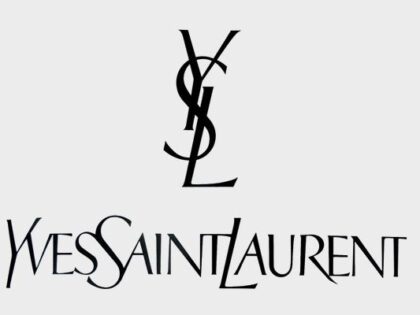 Yves Saint Laurent
Yves Saint Laurent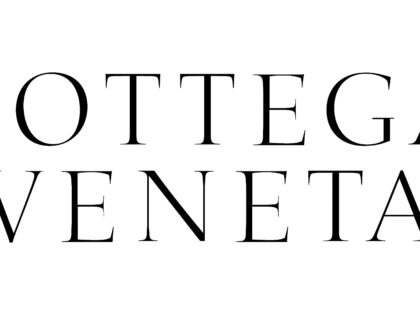 Bottega Veneta
Bottega Veneta Cartier
Cartier Celine
Celine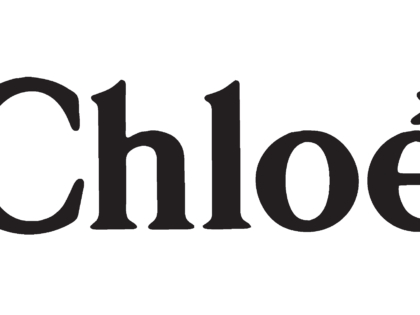 Chloe
Chloe Fendi
Fendi Jacquemus
Jacquemus Jimmy Choo
Jimmy Choo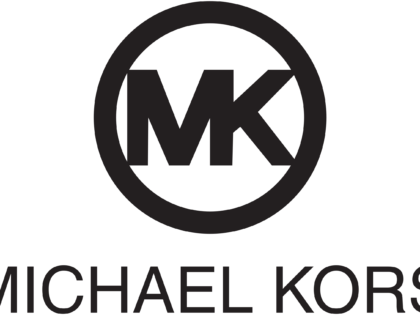 Michael Kors
Michael Kors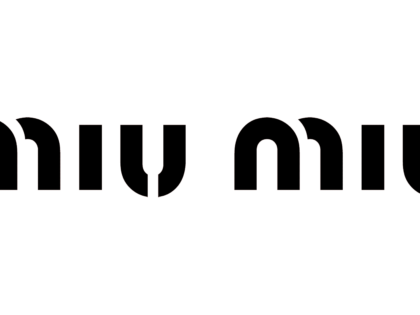 Miu Miu
Miu Miu Off White
Off White Alexander McQueen
Alexander McQueen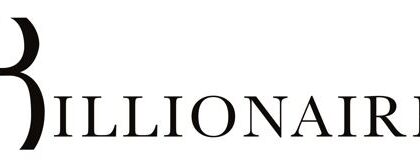 Billionaire
Billionaire Coach
Coach Furla
Furla Kate Spade
Kate Spade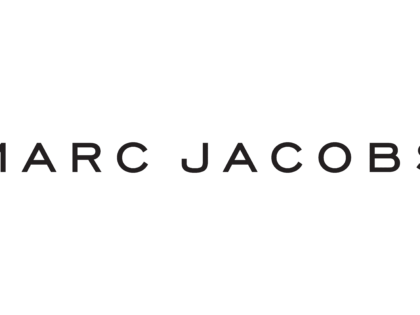 Marc Jacobs
Marc Jacobs Panerai
Panerai Tom Ford
Tom Ford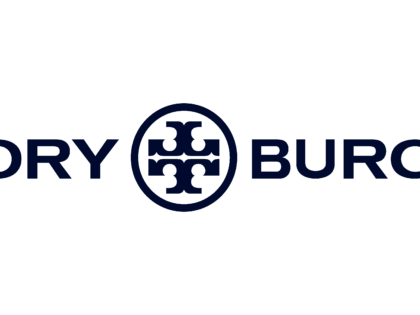 Tory Burch
Tory Burch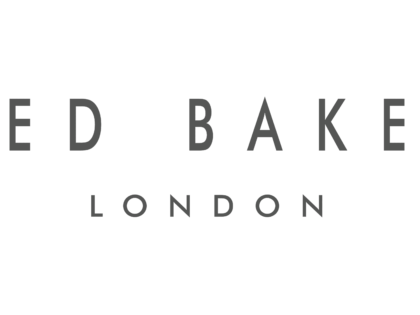 Ted Baker
Ted Baker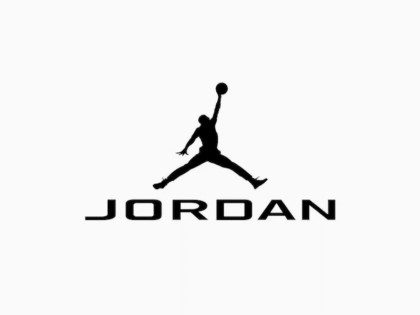 Nike Air Jordan
Nike Air Jordan Armani Exchange
Armani Exchange Burberry
Burberry Christian Louboutin
Christian Louboutin Dolce & Gabbana
Dolce & Gabbana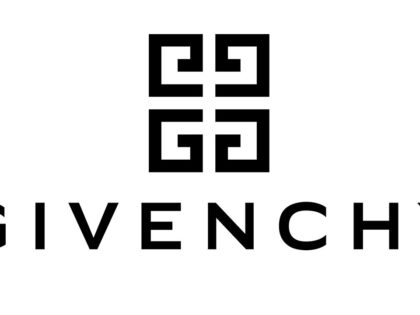 Givenchy
Givenchy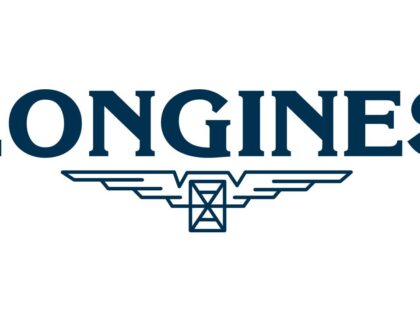 Longines
Longines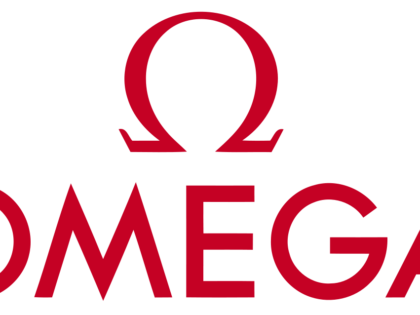 Omega
Omega Roberto Cavalli
Roberto Cavalli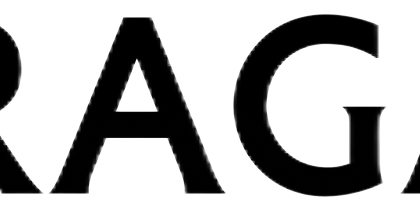 Salvatore Ferragamo
Salvatore Ferragamo Tiffany & Co
Tiffany & Co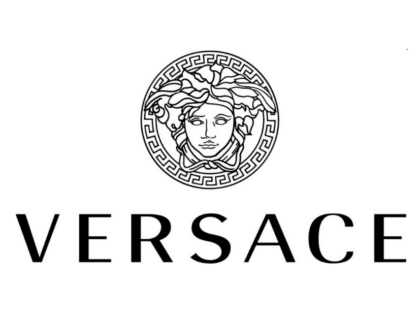 Versace
Versace